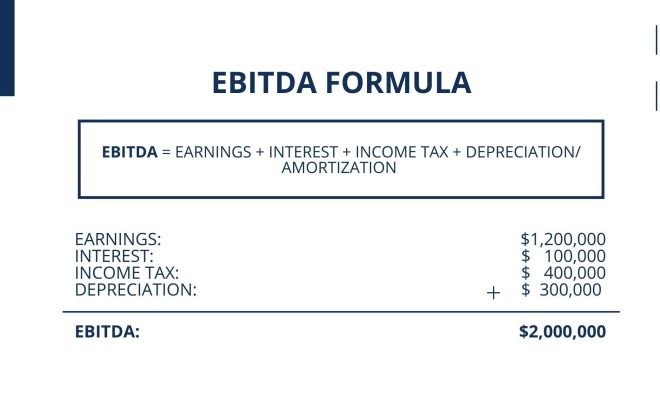7 Frequently Asked Questions About Gamification

Gamification seems to be the new eLearning buzzword. The term pops up everywhere in blogs and articles where writers go on about the benefits of this “methodology” and some even claiming that it is one of five eLearning trends that has stood the test of time. Yet, many people don’t know what gamification is as the headline of this article suggests. Let’s address some of the common questions that course designers and others have about gamification.
1. What is gamification?
Gamification is the process of taking something that already exists – a website, an enterprise application, an online community – and integrating game mechanics into it to motivate participation, engagement, and loyalty. Game mechanics refer to things like leaderboards, point-scoring, and rewards.
2. Is gamification only applicable to learning?
Gamification is not limited to learning. Organizations are increasingly using gamification to engage, teach, reward, and retain employees. Companies are also using gamification to deal with HR-related issues, including recruitment. Game mechanics are being applied to improve performance in sales, customer service, and training.
3. How does gamification differ from game-based learning?
Game-based learning relates to the use of games to enhance the learning experience. The content that must be learned is presented in the form of a game, using elements like competition or conflict. The idea is to teach a specific skill or to achieve a specific learning outcome. The Stock Market Game is an example of a non-digital game that uses a mock portfolio to teach investment strategies. Games like SimCity, Civilization, World of Warcraft and Minecraft are used in many classrooms to teach a wide variety of skills.
With gamification game elements are added to a nongame situation. Think about corporate reward programs that reward customers for certain behaviors. In the classroom, gamification can allow students to create their character and “play” as part of a team, earning points or consequences based on their behavior and interaction. Students can be rewarded for being a good team player, assisting other students, or the quality of their work. Teachers use game mechanics, such as badges, experience points, levels, and leaderboards, to boost student engagement.
4. Do games facilitate learning?
Gamification can improve learner motivation and engagement. Gamification modifies the brain’s reward and pleasure centers and ameliorates learning, but it does depend on the design of the game: a well-thought-out game can be a very effective teacher. Games that don’t just encourage momentary excitement but result in genuine enjoyment of the learning experience are invaluable assets in the classroom.
5. What are the elements of a well-designed learning game?
A well-designed learning game enhances learning; playing is not the main point of the activity. A well-designed learning game is simple to understand and play. In this situation, learning happens as a natural outcome of playing the game, helping the student or employee to acquire targeted knowledge or skills.
6. What are the guidelines for using game elements?
Game designer May Jo Kim has developed a framework of player types that is a good starting point for thinking strategically about what motivates game players. The types are expressed as “social engagement verbs” : compete, collaborate, explore, and express.
7. Are there any frameworks or taxonomies that we can use to understand game design in the learning context?
Yu-kai Chou has developed a gamification framework to analyze and build strategies around the various systems that make a game fun. Chou is a Taiwanese American entrepreneur, acknowledged as one of the earliest pioneers in gamification.
Gamification is an effective technique to engage learners and improve motivation. It makes learning, in general, more compelling and engaging.






